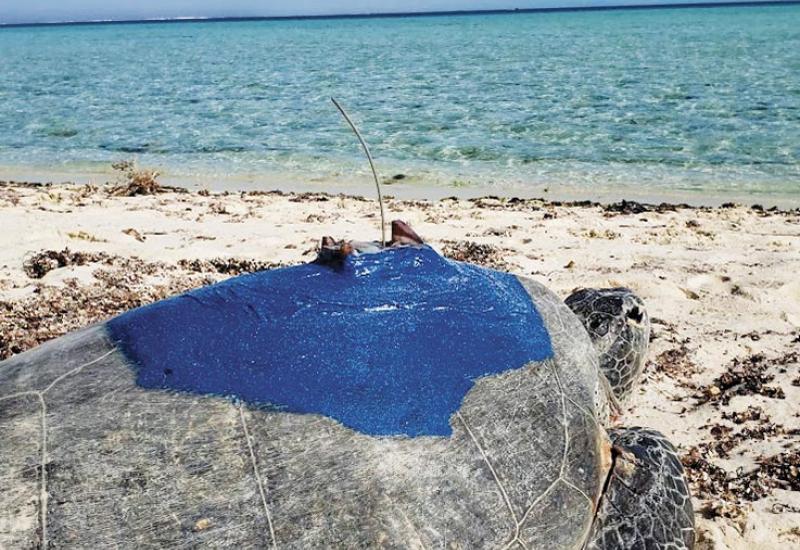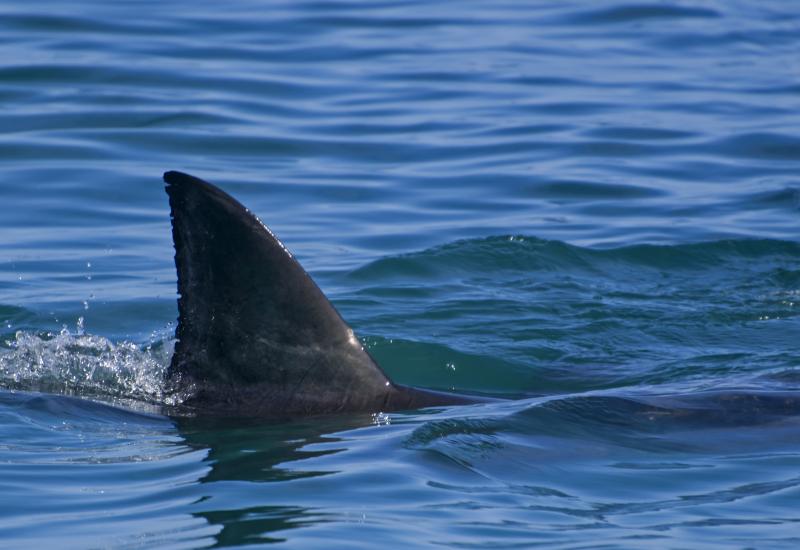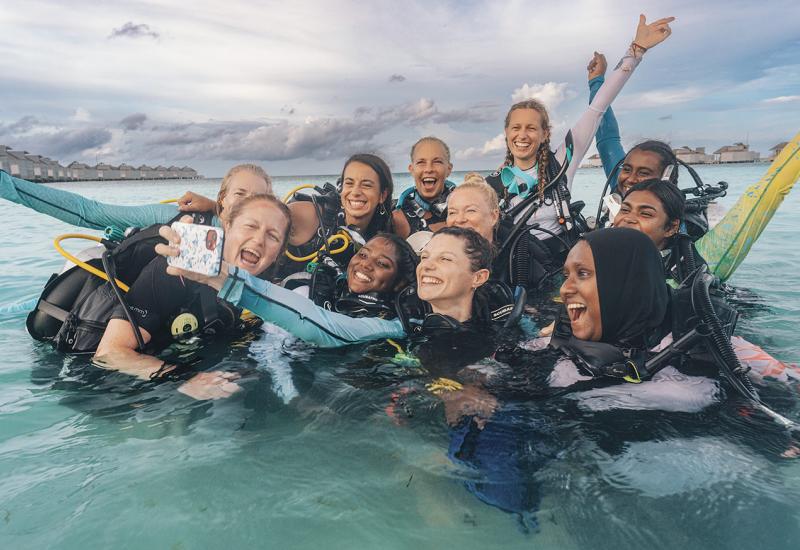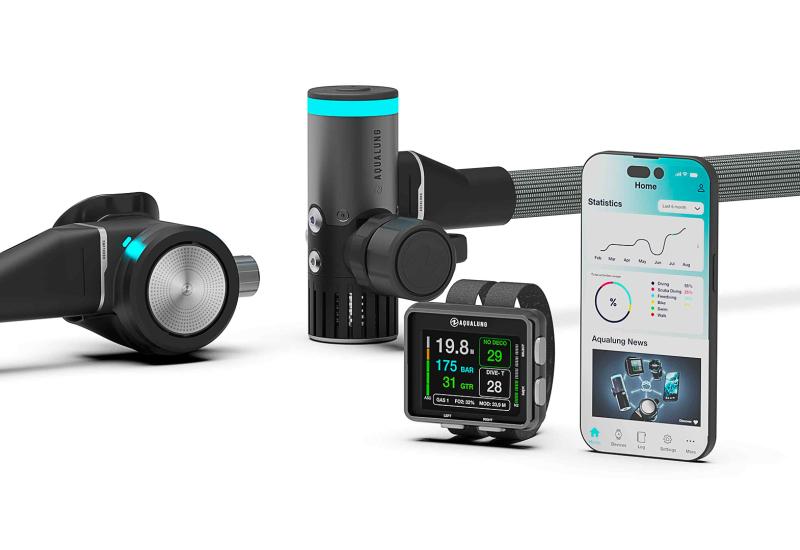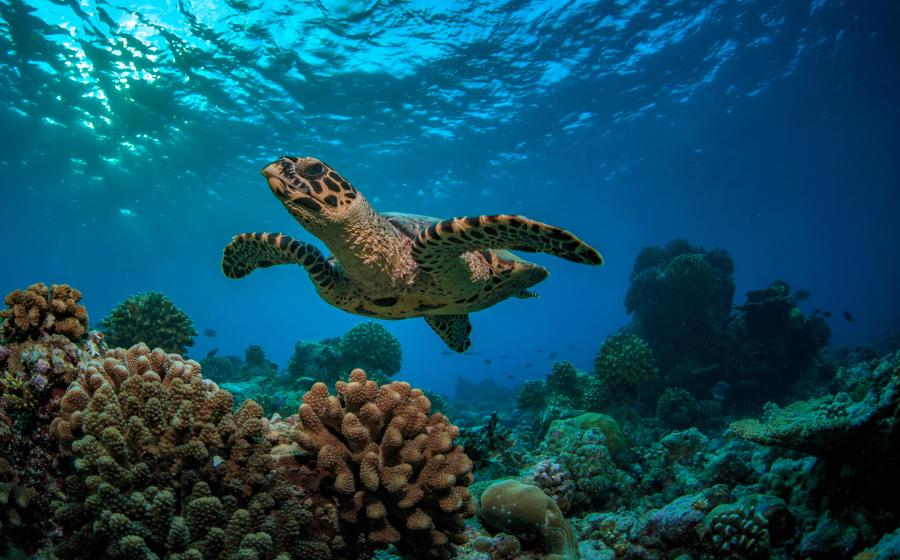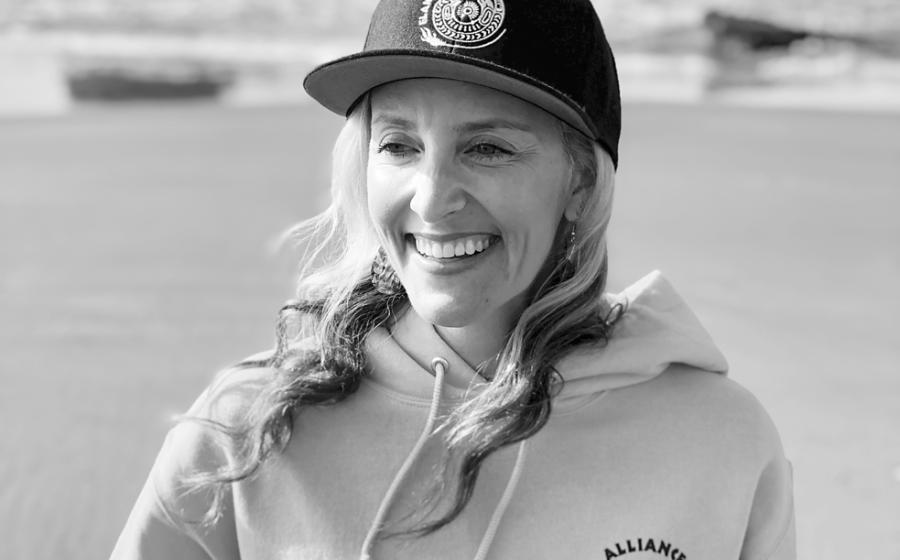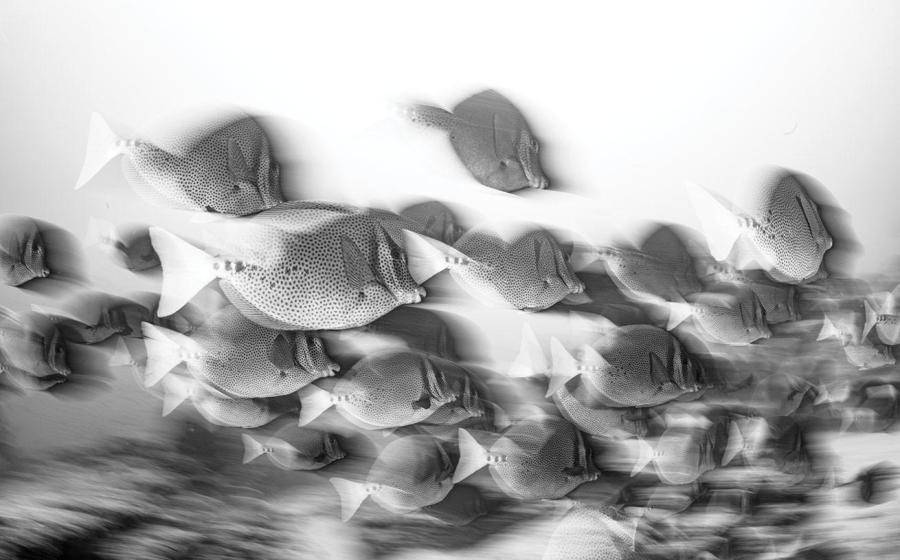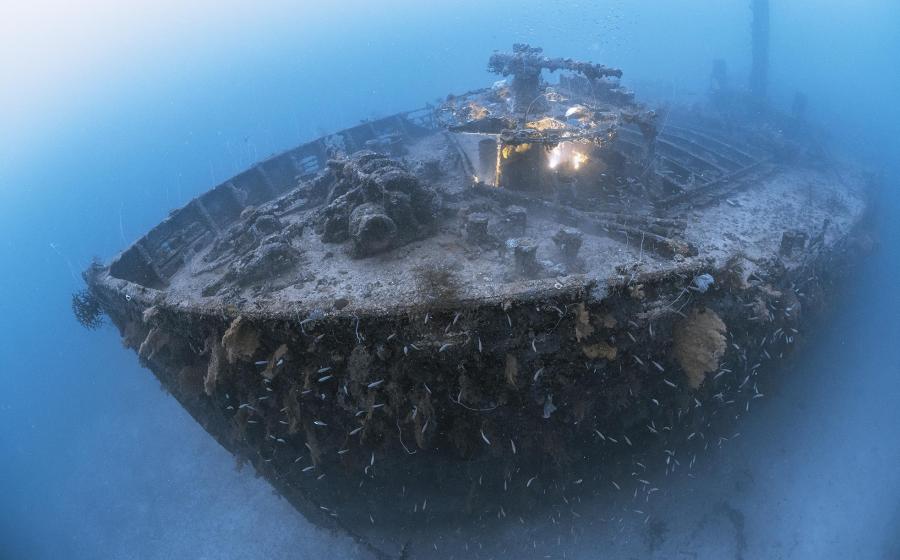CCMI's Dive with a Researcher
George Town, Grand Cayman, October 7th, 2008 - All divers are invited to participate in an important research initiative through the Central Caribbean Marine Institute's, Dive With A Researcher, programme. The research takes place in the beautiful, clear waters of Little Cayman; one of the worlds's most sought after dive destinations. Certified Divers will be gathering data, photographing and archiving data to help scientists gather valuable information on their research topic.
The Dive With A Researcher program was developed to give passionate divers, a resource to learn more about what they love, while simultaneously helping support the research operative. One of CCMI's research goals is to gain a better understanding of what is causing the decline in health of our reefs and what could contribute to a more resilient reef. One way to reach this goal is to get the word out to the public and get people involved.
Over the last 25 years, coral reefs in the Caribbean region have declined. The reefs of the world are facing an increasing number of severe threats; pollution, human population pressure, global warming and simple carelessness are putting our marine environments under great stress.
Research Mission
In most locations, it is impossible to disentangle the effects of over-fishing, declining coral health, climate change, and local pollution. Little Cayman offers a unique opportunity to explore the dynamics of a changing coral reef ecosystem in a remote location with minimal anthropogenic impact. A 40% relative reduction in mean live coral coverage was recorded from reefs surrounding Little Cayman between 1999 and 2004, but little change since 2004.
The DWAR Biodiversity & Reef Resiliency project will address the following questions: Is the loss of corals resulting in detrimental effects on other components of the reef system? Are there changes in how the reef functions? Are marine reserves capable of protecting our coral reef biodiversity?
This project will document the abundance of the major organisms that are competing with, and possibly out-competing, corals, such as tunicates, sponges, anemones, and fleshy algae using visual surveys and underwater photography techniques.
Advanced SCUBA divers will have the opportunity to (i) assist with surveys of bottom dwelling organisms using transects to detect long term changes in community structure and the effects of no-take Marine Parks, and (ii) surveys to document the diversity, abundance and habitat preferences of benthic species.
The Researcher - Dr. Carrie Manfrino
Oceanographer Carrie Manfrino is the president and founder of the Central Caribbean Marine Institute. Her Ph.D. was granted by the University of Miami's Rosenstiel School of Marine and Atmospheric Science in Marine Geology and Geophysics. She is an Associate Professor of Oceanography at Kean University and Visiting Associate Professor at Rutgers University Institute of Marine and Coastal Science. She teaches college courses in tropical ecology and conservation at the Little Cayman Research Center. She brings a lifetime of experience diving and researching both modern and ancient coral reefs. In 1999, Carrie and her team of marine scientists completed the first and largest regional expedition to understand the distribution and structure of the reef communities around all three Cayman Islands. This study continues to provide a reference for current and future research.
Who Should Apply?
Any passionate certified diver who is interested in a new experience is welcome to apply. The program is intended for divers wanting a better understanding of coral reefs and the research that is taking place to preserve this environment. Divers should be advanced open water with at least 50 logged dives.
Where Will I be staying?
Participants of the program will stay at The Little Cayman Research Center (LCRC). The LCRC opens onto the beautiful Caribbean Sea and the world renowned Bloody Bay Marine Park lies less than half a mile to the west. The station affords dormitory style sleeping accommodations, a screened in dining area, an off-the grid sustainable development bathhouse, laboratories, library, boats and a multi-media classroom.
Ahhhh! A day in the Caribbean.
Rise and shine. The first objective of your day will be a relaxing breakfast looking out over the Caribbean Sea then, onto one of our dive boats to begin the first of a two-tank research dive. During your dives you'll be asked to perform certain tasks to aid the researcher in data collection. After all is gathered for the morning you'll return back to the research station for a well-deserved lunch. Followed by, anything you like, bird watching, snorkeling, iguana watching or just relaxing in the warming Caribbean sun.
For more information regarding CCMI's, Dive With A Researcher, go to www.reefresearch.org or email [email protected].
George Town, Grand Cayman, October 7th, 2008 - All divers are invited to participate in an important research initiative through the Central Caribbean Marine Institute's, Dive With A Researcher, programme. The research takes place in the beautiful, clear waters of Little Cayman; one of the worlds's most sought after dive destinations. Certified Divers will be gathering data, photographing and archiving data to help scientists gather valuable information on their research topic.
The Dive With A Researcher program was developed to give passionate divers, a resource to learn more about what they love, while simultaneously helping support the research operative. One of CCMI's research goals is to gain a better understanding of what is causing the decline in health of our reefs and what could contribute to a more resilient reef. One way to reach this goal is to get the word out to the public and get people involved.
Over the last 25 years, coral reefs in the Caribbean region have declined. The reefs of the world are facing an increasing number of severe threats; pollution, human population pressure, global warming and simple carelessness are putting our marine environments under great stress.
Research Mission
In most locations, it is impossible to disentangle the effects of over-fishing, declining coral health, climate change, and local pollution. Little Cayman offers a unique opportunity to explore the dynamics of a changing coral reef ecosystem in a remote location with minimal anthropogenic impact. A 40% relative reduction in mean live coral coverage was recorded from reefs surrounding Little Cayman between 1999 and 2004, but little change since 2004.
The DWAR Biodiversity & Reef Resiliency project will address the following questions: Is the loss of corals resulting in detrimental effects on other components of the reef system? Are there changes in how the reef functions? Are marine reserves capable of protecting our coral reef biodiversity?
This project will document the abundance of the major organisms that are competing with, and possibly out-competing, corals, such as tunicates, sponges, anemones, and fleshy algae using visual surveys and underwater photography techniques.
Advanced SCUBA divers will have the opportunity to (i) assist with surveys of bottom dwelling organisms using transects to detect long term changes in community structure and the effects of no-take Marine Parks, and (ii) surveys to document the diversity, abundance and habitat preferences of benthic species.
The Researcher - Dr. Carrie Manfrino
Oceanographer Carrie Manfrino is the president and founder of the Central Caribbean Marine Institute. Her Ph.D. was granted by the University of Miami's Rosenstiel School of Marine and Atmospheric Science in Marine Geology and Geophysics. She is an Associate Professor of Oceanography at Kean University and Visiting Associate Professor at Rutgers University Institute of Marine and Coastal Science. She teaches college courses in tropical ecology and conservation at the Little Cayman Research Center. She brings a lifetime of experience diving and researching both modern and ancient coral reefs. In 1999, Carrie and her team of marine scientists completed the first and largest regional expedition to understand the distribution and structure of the reef communities around all three Cayman Islands. This study continues to provide a reference for current and future research.
Who Should Apply?
Any passionate certified diver who is interested in a new experience is welcome to apply. The program is intended for divers wanting a better understanding of coral reefs and the research that is taking place to preserve this environment. Divers should be advanced open water with at least 50 logged dives.
Where Will I be staying?
Participants of the program will stay at The Little Cayman Research Center (LCRC). The LCRC opens onto the beautiful Caribbean Sea and the world renowned Bloody Bay Marine Park lies less than half a mile to the west. The station affords dormitory style sleeping accommodations, a screened in dining area, an off-the grid sustainable development bathhouse, laboratories, library, boats and a multi-media classroom.
Ahhhh! A day in the Caribbean.
Rise and shine. The first objective of your day will be a relaxing breakfast looking out over the Caribbean Sea then, onto one of our dive boats to begin the first of a two-tank research dive. During your dives you'll be asked to perform certain tasks to aid the researcher in data collection. After all is gathered for the morning you'll return back to the research station for a well-deserved lunch. Followed by, anything you like, bird watching, snorkeling, iguana watching or just relaxing in the warming Caribbean sun.
For more information regarding CCMI's, Dive With A Researcher, go to www.reefresearch.org or email [email protected].

